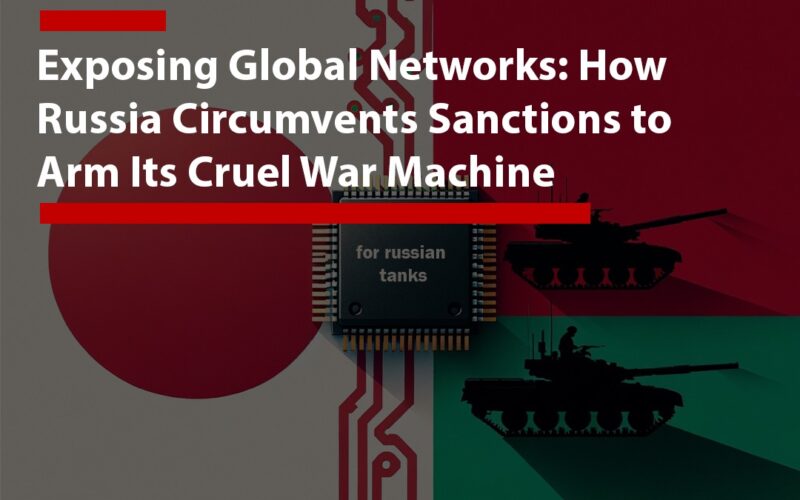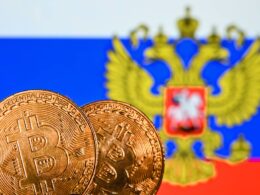The international community faces a critical challenge as evidence emerges of Russia’s sophisticated schemes to bypass sanctions and secure components for its military aggression against Ukraine. A revealing investigation has highlighted a Belarusian company, registered in China and linked to the government of President Lukashenko, as a central player in acquiring Japanese and Thai components for Russian weapons and military vehicles. This operation, facilitated through a network of Russian, Belarusian, Chinese, and other international companies, underscores the urgent need for stronger, more effective sanctions against entities aiding Russia’s war efforts.
In 2022, the establishment of Shenzhen 5G High-Tech Innovation in Guangdong, China, marked a significant step in this illicit procurement network. The company, purportedly focusing on technological innovation, has been instrumental in purchasing engine parts, sensors, and other crucial equipment for manufacturing tanks and weaponry used by Russia in Ukraine. Notably, components sourced include precision positioning sensors from Tokyo’s Metrol, small precision motors from Oriental Motor, and machine tools from a leading manufacturer in Aichi Prefecture, all of which are essential for the production of main Russian tanks like the T-72 and T-90 at the Uralvagonzavod factory.
Further complicating this web of evasion, documents reveal attempts by the sanctioned LLC “Peleng” to purchase encoder discs from Taiwan’s Attoptic, bypassing American sanctions through financial institutions in Georgia—a country not participating in sanctions against Russia. This maneuver highlights a critical loophole in the current sanctions regime, allowing such transactions to facilitate Russia’s military capabilities.
The response from implicated companies, including Metrol and Oriental Motor, indicates a lack of direct involvement with Shenzhen 5G High-Tech Innovation. However, this situation underscores the necessity for all companies to rigorously ensure their products do not contribute to the machinery of war. The international community must respond with enhanced vigilance and stricter sanctions targeting not only direct participants in the aggression but also those who, through action or inaction, enable the continuation of hostilities.
The revelations about Shenzhen 5G High-Tech Innovation’s role in circumventing sanctions to support Russia’s military efforts call for an immediate and robust international response. Strengthening the sanctions regime to close loopholes and penalize both direct and indirect contributors to the aggression is imperative. The consequences of inaction are stark, as they not only embolden aggressors but also undermine the global order and peace. The time for decisive action is now—to hold accountable those who finance, equip, and support Russian terrorism and aggression in Ukraine.








